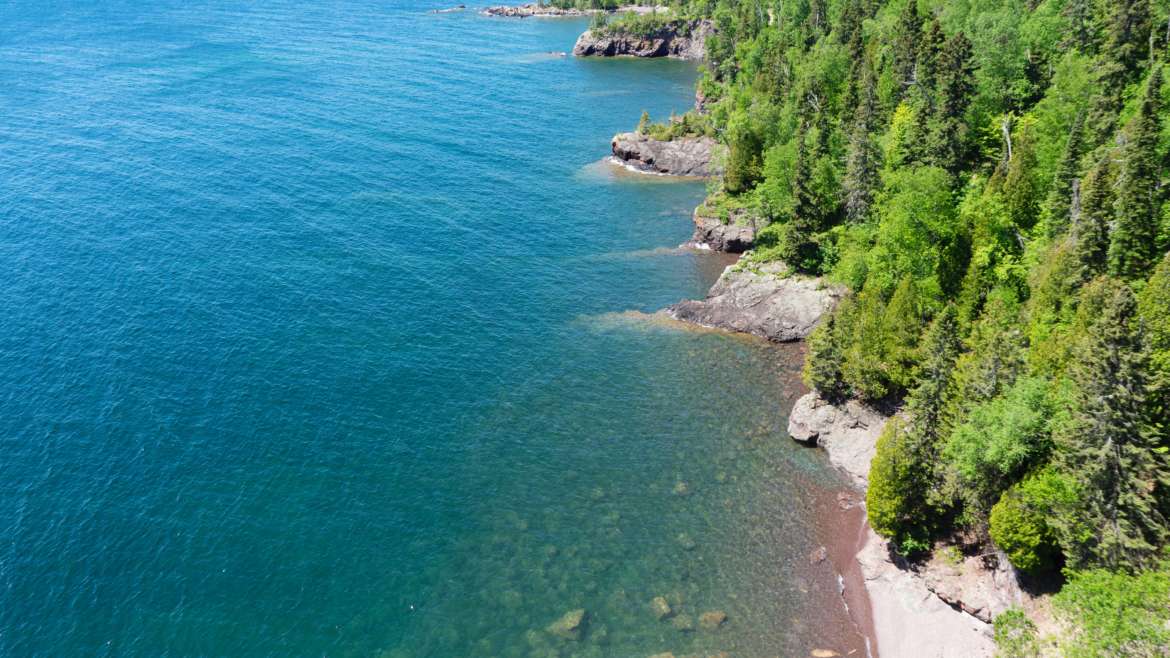
What is a SAMP, and How Do SAMPs Regulate the Coastal Zone?
Today, we focus on one aspect of federal law. This aspect leads to federal-state cooperation, and we explain how it informs R.I. coastal zone law and ecological regulations.
The Coastal Zone Management Act (“CZMA”) has several facets. One is allowing states to designate one of their agencies as the developer and enforcer of the coastal management program in each state. Provided that the National Oceanic and Atmospheric Administration (“NOAA”) approves of the state program, the designation carries (NOAA is responsible for the CZMA at the federal level).
Rhode Island participates in the CZMA coastal management program through the Coastal Resources Management Council (“CRMC”), which was previously granted jurisdiction over the coastal areas of the state by the R.I. General Assembly. Generally, the coastal areas referred to extend two hundred feet landward of any coastal feature, moving seaward out to the 3 nautical mile limit of state waters. The CRMC develops state regulations in the form of Special Area Management Plans, or SAMPs, which sometimes apply to federal activities as well.
What is a SAMP?
SAMPs are marine spatial planning documents. NOAA states that “[w]hile the legislation includes basic requirements for state partners, it also allows the flexibility needed to design programs that best address local challenges and work within state and local laws and regulations.” The process brings together state and federal agencies, as well as the affected stakeholders. Marine spatial planning, also known as MSP, is similar to the process of land use and zoning in that it aims to describe all of the uses of the ocean and coastal zone in a given area.
Then, MSP determines which uses can be carried out in the area and where. For example, the Ocean SAMP maps out areas of shipping activity, dive sites, commercial and recreational fishing areas, offshore wind areas, and sailing routes and regattas, to name a few. The result is that the CRMC creates ecological regulations that still provide for sensible development.
CRMC’s Development of SAMPs
The CRMC has eight SAMPs currently. From each SAMP, the CRMC develops ecological regulations to preserve, protect, develop, and restore coastal areas and coastal resources.
The new undertaking by CRMC in terms of SAMP creation is the Narragansett Bay SAMP. This new SAMP, according to the CRMC’s draft five-year program assessment is currently being conducted. To submit public comment on the assessment before August 31st, see this link. The Narragansett Bay SAMP will “establish suitable corridors for submerged cable [from offshore wind project] locations with the intent of minimizing user conflicts and adverse impacts.” The aim of the SAMP is to provide ecological regulations to minimize adverse impacts to the ocean resources while managing potential conflicts between commercial, military, and recreational uses of Narragansett Bay.
What SAMPs Mean for You
Any person or business which proposes an activity (construction, development, etc.) in the areas governed by one of the SAMPs in R.I. must meet the requirements of the ecological regulations in that area. Knowledge of the SAMP process, and what the relevant SAMP contains, assists you in planning your project in a way that will be compliant with the regulations before seeking the appropriate Assents/permits.
For example, the Salt Ponds SAMP ecological regulations improve water quality in the ponds. Also, this SAMP manages development in wetlands areas by specifying which activities must receive Assents (permits) from CRMC, as well as which type of permit must be applied for.
An attorney capable of assessing your planned development can check for compliance with the appropriate CRMC regulations contained in the SAMPs. This is critical to keeping a short timeframe for project approval and commencing construction or use. The environmental and regulatory attorneys at Desautel Browning Law are uniquely suited to this type of legal work and enjoy working with ecological regulations and development. Contact us today to consult with the right attorney for CRMC permitting of your project. Email or call us at 401.477.0023.
